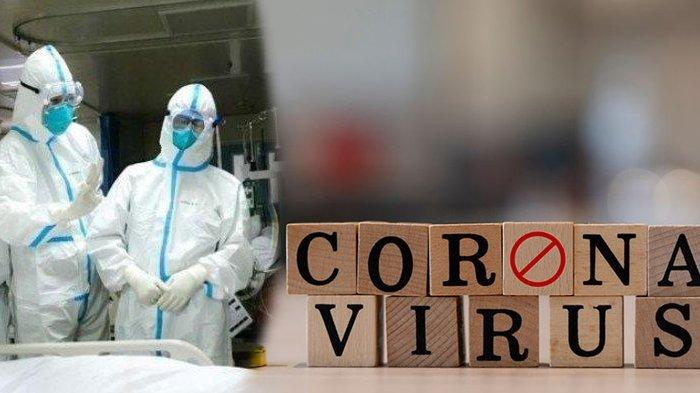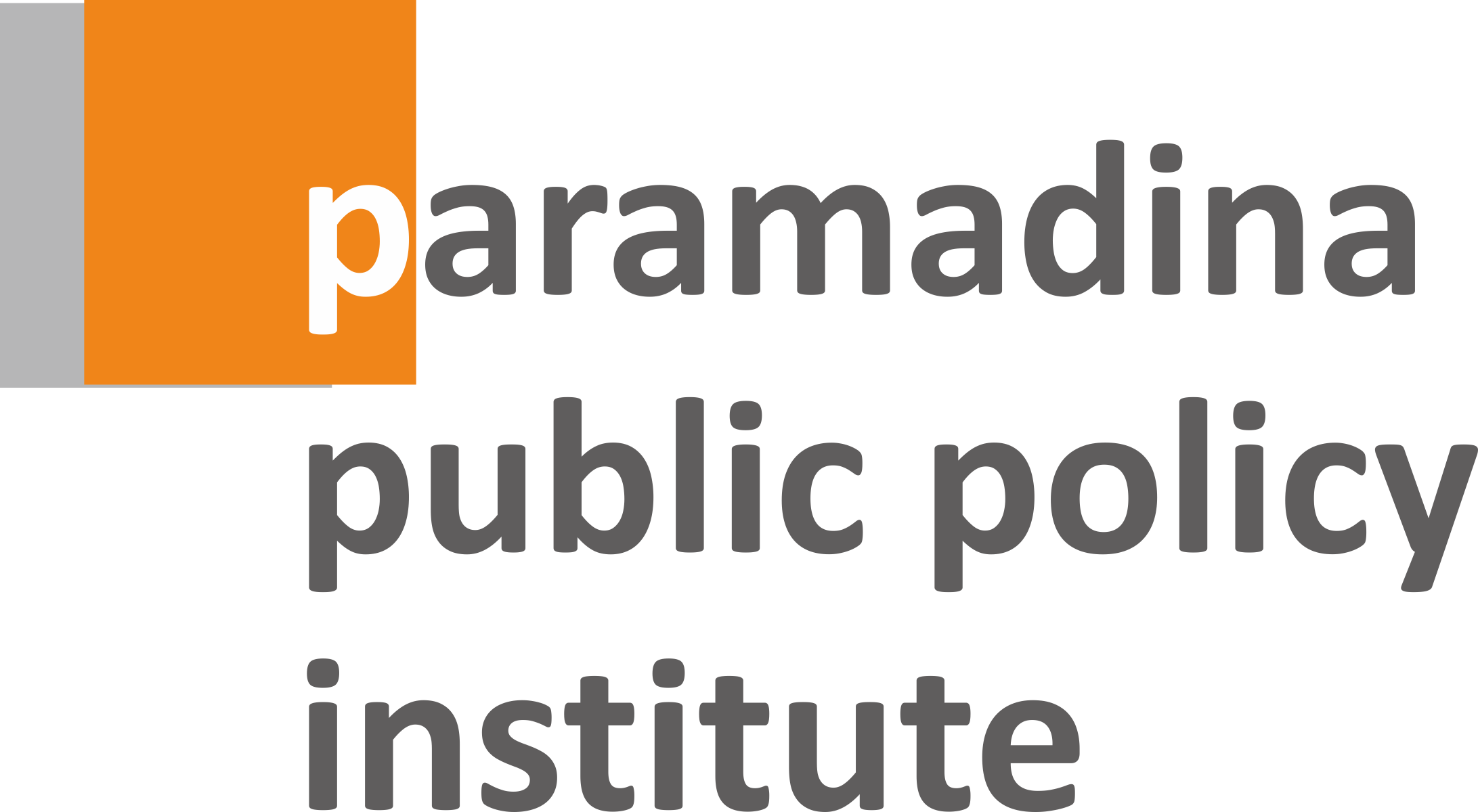
April 6, 2020
The Covid-19 pandemic, which has now spread to 196 countries, presents a severe threat to international security and economic stability.
If not dealt with swiftly and sufficiently, the spread of the virus triggered by SARS CoV-2 or commonly called the coronavirus, has the potential to cause a wave of global crisis with human health and safety at stake. The impact can also destroy the economic foundations of the countries of the world.
In dealing with this crisis, the attitude of the countries in the world tends to be divided into two. First, they tend to close themselves down and focus on their internal security and safety. Second, they optimize measures for internal security and safety while increasing cooperation and diplomacy to help each other and encourage the acceleration of the handling of the coronavirus at the global level.
The first step tends to be influenced by the realist tradition in international relations that places national interests and the power of the state as the main actor to protect citizens while distancing themselves from the global community.
When closing themselves down (hedging strategy), the state tends not to bother with the steps of multilateral cooperation attempting to handle this global crisis. Such policy choices are later undertaken blatantly by the United States under the command of President Donald Trump.
From the start, relying on the political jargon “America First,” President Trump has preferred to limit himself in helping the world to stop the Covid-19 pandemic. Trump is more focused on efforts to save the internal country through the closure of the border region with Mexico and Canada; travel bans from abroad, especially to Europe and East Asia; and warning of restrictions on outdoor activities (social distancing and staying at home notices) in several states such as New York, New Jersey, California, Connecticut, and Illinois.
Besides, Trump prefers to allocate the logistics and financial strength of his country to help provide enough public health facilities and save the manufacturing and service industries. That is all to maintain the growth of the American national economy.
According to Trump, all the policy choices were taken to avoid the US’s dependence on other countries, especially China, which was later considered relatively successful in navigating the Covid-19 pandemic in the country. The implication is that America has not made significant efforts to help the world.
It is certainly not wrong for President Trump to do what he has done for his country. All other countries also seem to have taken similar tactical and strategic Corona protocols and prepared for the rescue of their respective countries’ economies.
But America cannot close her eyes. Countries in this world have different capacities and abilities. Not all countries have the facilities, logistical strengths, antidote instruments, and adequate quality of medical research and public health like those of America.
Therefore, the role of major countries, including the United States, in this context, is needed by the world. The ignorant and arrogant attitudes of the big countries will indeed bring a greater disaster.
The battle of the universe
The battle against the coronavirus is a universal war that must involve the participation of all parties/countries. Both state and non-state powers need to collaborate to stop the spread of the virus and find the right way to increase the potential for recovery and reduce the potential level of death tolls from this virulent virus going forward.
The Covid-19 pandemic must be a joint responsibility of the world community. Therefore, intensive cooperation and diplomacy between jurisdictions is necessary, especially the assistance and support of developed countries to the poor and developing ones so that the international community is able to win the war against this deadly virus.
The Chinese government felts the effectiveness of international cooperation and diplomacy in countering this corona. President Xi Jinping said, during the crisis in Wuhan, it continued to coordinate intensively with WHO (World Health Organization) and partner countries.
Together they intensively encourage scientists and health technology experts to find appropriate mitigation measures based on the empirical and scientific experience they see in the field.
International cooperation must also be focused on efforts to procure and mobilize test kits for early detection, oxygen generators, protective clothing for health workers, face masks, and an adequate supply of medicines to countries in need.
Amid this critical situation, any efforts to take advantage, at the cost of any limitations against poor countries, are unethical and undermine the fundamental values of international diplomacy.
For this reason, international diplomacy work must be directed to facilitate mitigation measures. This includes encouraging and accelerating the work of scientists, researchers, and health technology experts. So, they can produce productive research to develop vaccines, special drugs, including appropriate traditional drug therapies.
Also, they should find the right and fast mechanism for early detection, reporting, quarantine, and handling patients infected by the virus. These measures should, of course, be based on extraordinary standard operating procedures that are immediate, effective, and precise.
Amid this global uncertainty, countries in the world, including Indonesia, must also open the door to extensive communication worldwide. Thanks to international cooperation and assistance, China succeeded in curbing the virus spread from 10,000 cases per day to 100 in recent days.
The Covid-19 pandemic that threatens global security seems to remind the world of the importance of multilateral work. Also, it is a reminder for us to improve friendly relations among nations in developing and expanding strategic relationships, including in research and scientific development. (*)
Umam is Managing Director of Paramadina Public Policy Institute
This article is the translation of the original one published in Bahasa Indonesia on Jawa Pos.
